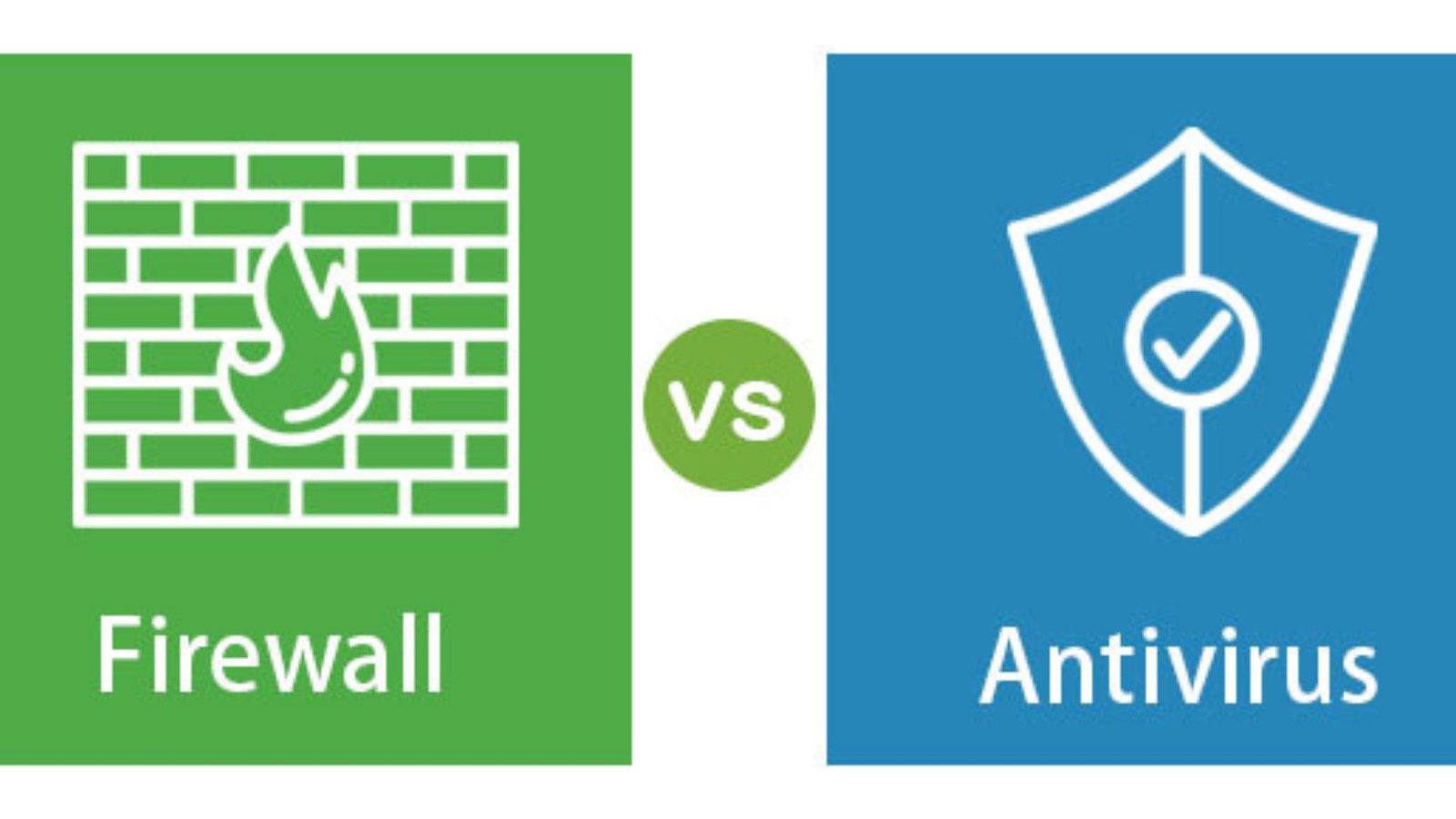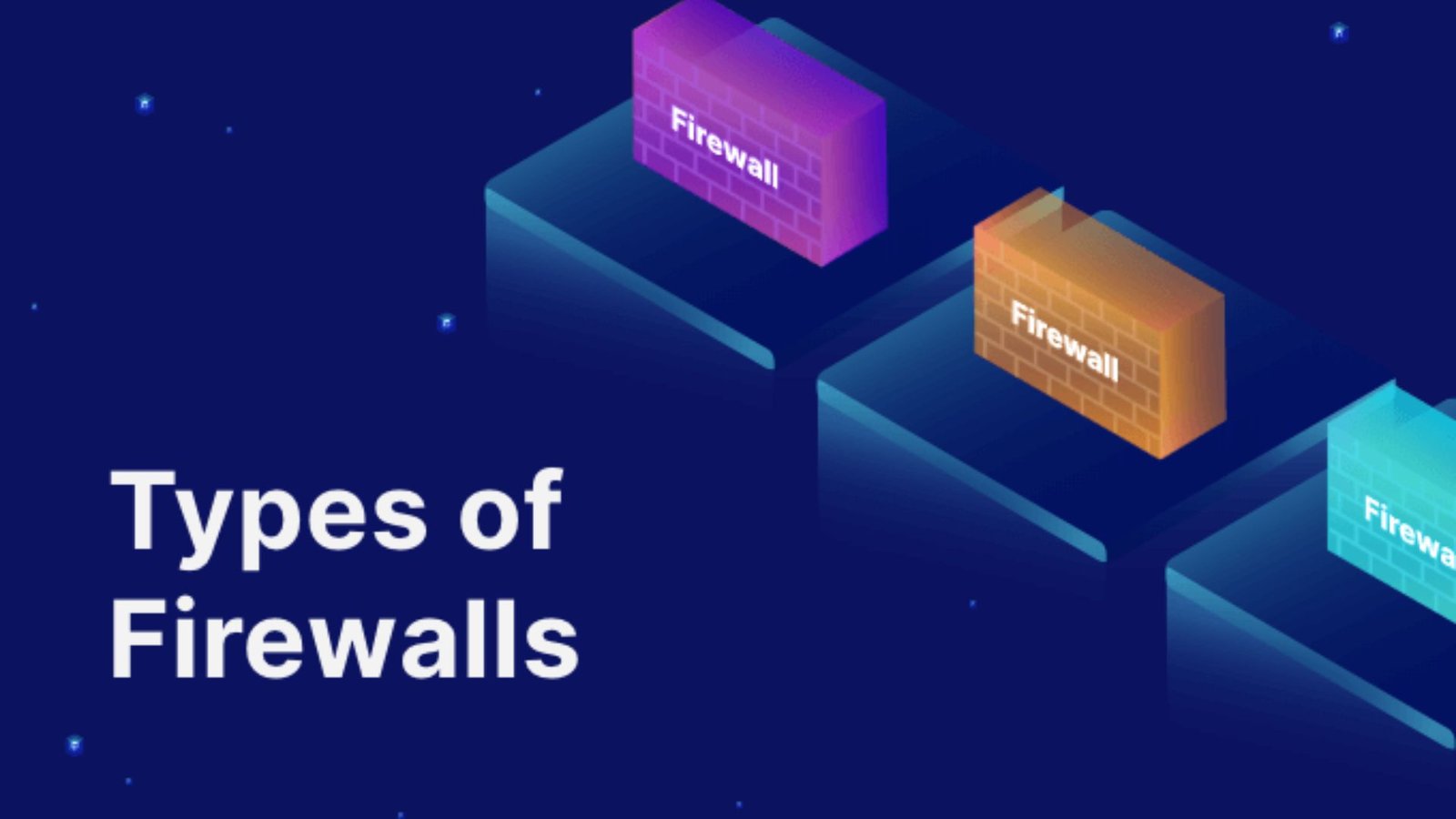When it comes to securing your computer and network, both firewall and antivirus software play crucial roles. However, they serve different purposes and provide distinct types of protection. Understanding how firewalls and antivirus software differ helps you make informed decisions about your security strategy. In this guide, we’ll compare firewalls and antivirus software, outlining their functions and benefits.

Why Both Firewall and Antivirus Software Are Important
Firstly, both firewall and antivirus software are essential for comprehensive security. While they each focus on different aspects of protection, together they form a robust defense against a wide range of cyber threats. A firewall acts as a barrier between your network and external threats, while antivirus software targets malicious software that has already entered your system.
Moreover, using both types of security tools ensures a layered approach to protection. This layered strategy enhances your defense mechanisms and reduces the risk of security breaches.
Key Differences Between Firewall and Antivirus Software
1. Purpose and Function
Firewall:
- Purpose: A firewall controls the traffic between your network and the internet. It acts as a barrier, blocking unauthorized access while allowing legitimate communication.
- Function: Firewalls filter incoming and outgoing traffic based on predefined rules and policies. They can be hardware-based, software-based, or a combination of both.
Antivirus Software:
- Purpose: Antivirus software detects, removes, and prevents malicious software (malware) from infecting your system. This includes viruses, worms, trojans, ransomware, and spyware.
- Function: Antivirus software scans files, programs, and processes for known malware signatures and suspicious behavior. It also provides real-time protection against newly emerging threats.
In essence, firewalls manage network traffic, while antivirus software focuses on detecting and removing malware.
2. Protection Scope
Firewall:
- Scope: Firewalls protect the entire network by controlling access at the network level. They block or allow traffic based on IP addresses, port numbers, and protocols.
- Focus: Firewalls are designed to prevent unauthorized access and attacks from external sources. They do not directly deal with malware already present on a device.
Antivirus Software:
- Scope: Antivirus software provides protection at the device level. It scans individual files, applications, and processes for malware.
- Focus: Antivirus software is specifically aimed at identifying and eliminating malware that has infiltrated the system, and preventing its spread.
Firewalls provide broader network protection, while antivirus software offers targeted protection for individual devices.
3. Types of Threats Addressed
Firewall:
- Threats: Firewalls are effective against unauthorized access attempts, network attacks, and suspicious traffic. They block malicious traffic from reaching your devices.
- Examples: Examples include blocking incoming traffic from known malicious IP addresses or preventing access to harmful websites.
Antivirus Software:
- Threats: Antivirus software addresses threats from malicious files and software that may already be on your system. It is designed to detect and remove a variety of malware types.
- Examples: Examples include removing viruses from infected files, blocking ransomware attempts, and stopping spyware from capturing personal information.
Firewalls and antivirus software each address different types of threats, complementing each other to provide comprehensive protection.
4. Implementation and Management
Firewall:
- Implementation: Firewalls can be implemented as standalone hardware devices, software applications, or integrated into network routers. They often require configuration to set rules and policies.
- Management: Managing a firewall involves updating rules, monitoring traffic, and configuring settings to align with security policies.
Antivirus Software:
- Implementation: Antivirus software is typically installed directly on individual devices, such as computers and smartphones. It runs background scans and provides real-time protection.
- Management: Managing antivirus software involves updating virus definitions, performing regular scans, and configuring real-time protection settings.
Firewalls are generally managed at the network level, while antivirus software is managed on individual devices.
Why You Need Both Firewall and Antivirus Software
Both firewall and antivirus software are essential for a well-rounded security strategy. Firewalls protect your network from external threats and unauthorized access, while antivirus software ensures that malware does not compromise individual devices.
By using both, you create a multi-layered defense system that significantly enhances your overall security posture. This combination helps prevent attacks from multiple fronts, protecting your network and devices from a wide range of cyber threats.
Conclusion: Choosing the Right Security Tools
In conclusion, understanding the differences between firewall and antivirus software is crucial for implementing effective security measures. Firewalls manage network traffic and block unauthorized access, while antivirus software detects and removes malware on individual devices. Both are necessary for comprehensive protection against cyber threats.
To achieve the best security outcomes, integrate both types of software into your security strategy. Regularly update and manage your firewall and antivirus software to stay protected against evolving threats. By doing so, you ensure a robust defense against cyber attacks and maintain a secure digital environment.










